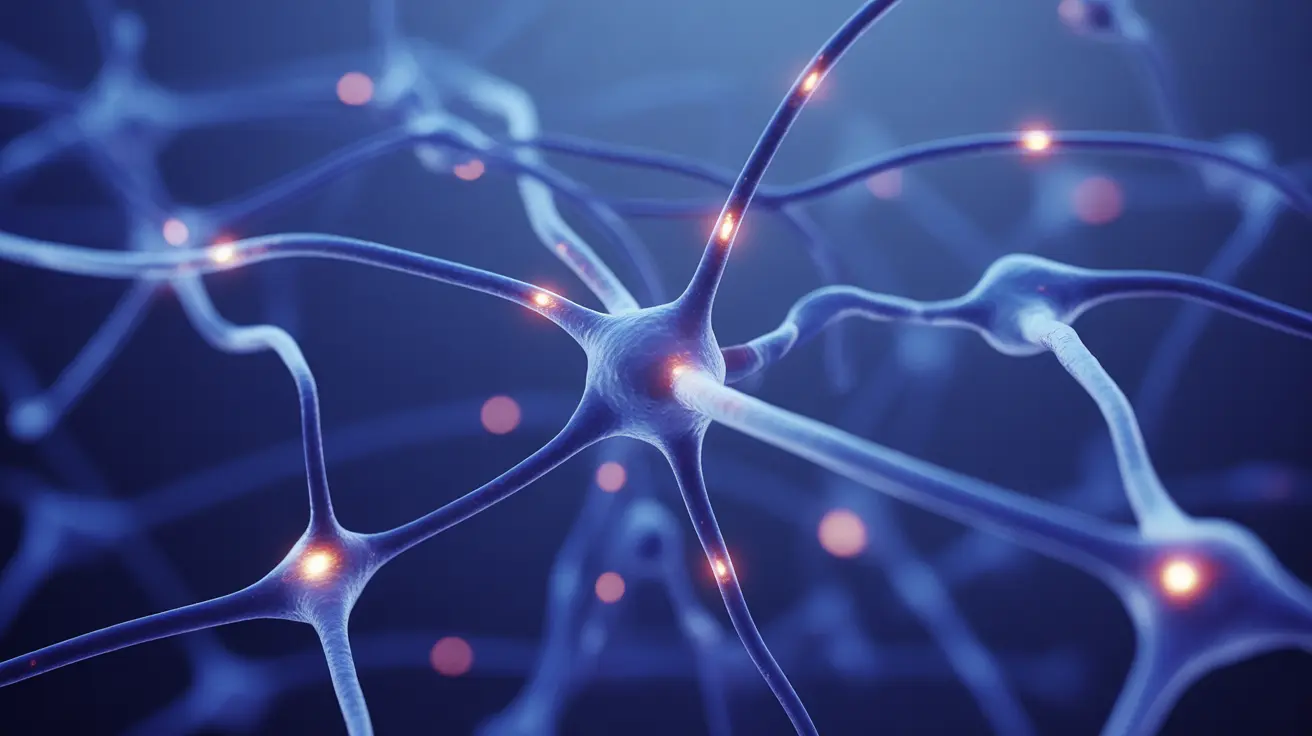The relationship between stress and erectile dysfunction (ED) is more significant than many people realize. While ED is often associated with physical health conditions, psychological factors like stress and anxiety can play a crucial role in sexual performance and satisfaction. Understanding this connection is the first step toward finding effective solutions.
This comprehensive guide explores how stress impacts erectile function, identifies common triggers, and outlines practical strategies for managing stress-related ED. Whether you're experiencing occasional difficulties or ongoing challenges, knowing the relationship between stress and ED can help you take control of your sexual health.
How Stress Affects Sexual Function
When experiencing stress, your body triggers the "fight or flight" response, releasing hormones like cortisol and adrenaline. These hormones can interfere with the normal sexual response cycle in several ways:
- Reduced blood flow to the genital area
- Decreased testosterone production
- Increased muscle tension
- Difficulty focusing on sexual activity
- Heightened anxiety about performance
Chronic stress can create a cycle where worry about sexual performance leads to more stress, potentially making ED symptoms worse. This "performance anxiety" can become a self-fulfilling prophecy, making it increasingly difficult to achieve and maintain an erection.
Common Stress Triggers Affecting Sexual Health
Several life situations can create stress that impacts erectile function:
- Work-related pressure and deadlines
- Financial concerns
- Relationship difficulties
- Health worries
- Major life changes or transitions
- Sleep deprivation
- Family responsibilities
Identifying your specific stress triggers is crucial for developing an effective management strategy. Each person's stress response is unique, and what causes significant stress for one individual might not affect another the same way.
Breaking the Stress-ED Cycle
Managing stress-related ED often requires a multi-faceted approach:
Lifestyle Modifications
Simple changes in daily habits can make a significant difference:
- Regular exercise and physical activity
- Adequate sleep (7-9 hours per night)
- Healthy diet and hydration
- Limiting alcohol and avoiding tobacco
- Regular relaxation practices
Stress Management Techniques
Implementing effective stress-reduction strategies can help improve erectile function:
- Mindfulness meditation
- Deep breathing exercises
- Progressive muscle relaxation
- Regular exercise
- Time management skills
- Setting realistic expectations
Professional Support Options
Sometimes, professional help is necessary to address stress-related ED effectively:
Therapeutic Approaches
- Individual counseling
- Couples therapy
- Sex therapy
- Cognitive behavioral therapy (CBT)
Medical Solutions
A healthcare provider might recommend:
- Temporary ED medication while addressing stress
- Combined therapy and medication approach
- Regular health check-ups to monitor progress
- Lifestyle modification programs
Frequently Asked Questions
Can stress and anxiety cause erectile dysfunction (ED)?
Yes, stress and anxiety can directly cause ED by triggering hormonal changes and interfering with the body's natural sexual response. The psychological pressure can make it difficult to achieve or maintain an erection.
How does chronic stress affect the ability to achieve and maintain an erection?
Chronic stress elevates cortisol levels, reduces testosterone production, and decreases blood flow to the genital area. These physiological changes can significantly impact erectile function and sexual performance.
What are common life stressors that can lead to erectile dysfunction?
Common stressors include work pressure, financial concerns, relationship issues, health anxiety, major life changes, and sleep problems. These stressors can individually or collectively contribute to ED symptoms.
How can managing stress help improve or prevent ED?
Managing stress through regular exercise, adequate sleep, relaxation techniques, and healthy lifestyle choices can help prevent and improve ED symptoms. Reducing stress levels often leads to better sexual function.
What treatments are available for ED caused by psychological factors like stress and anxiety?
Treatment options include counseling, cognitive behavioral therapy, stress management techniques, and sometimes temporary ED medication. A combination approach often yields the best results, addressing both psychological and physical aspects of the condition.




